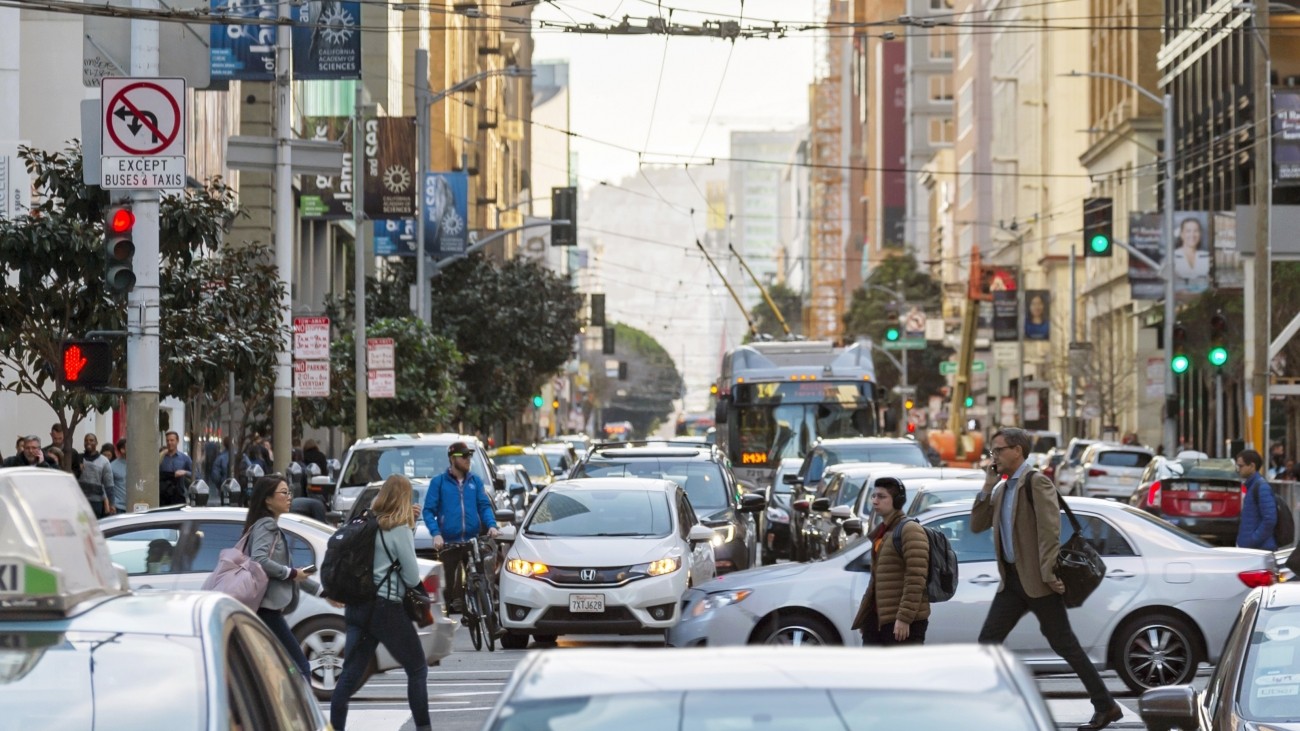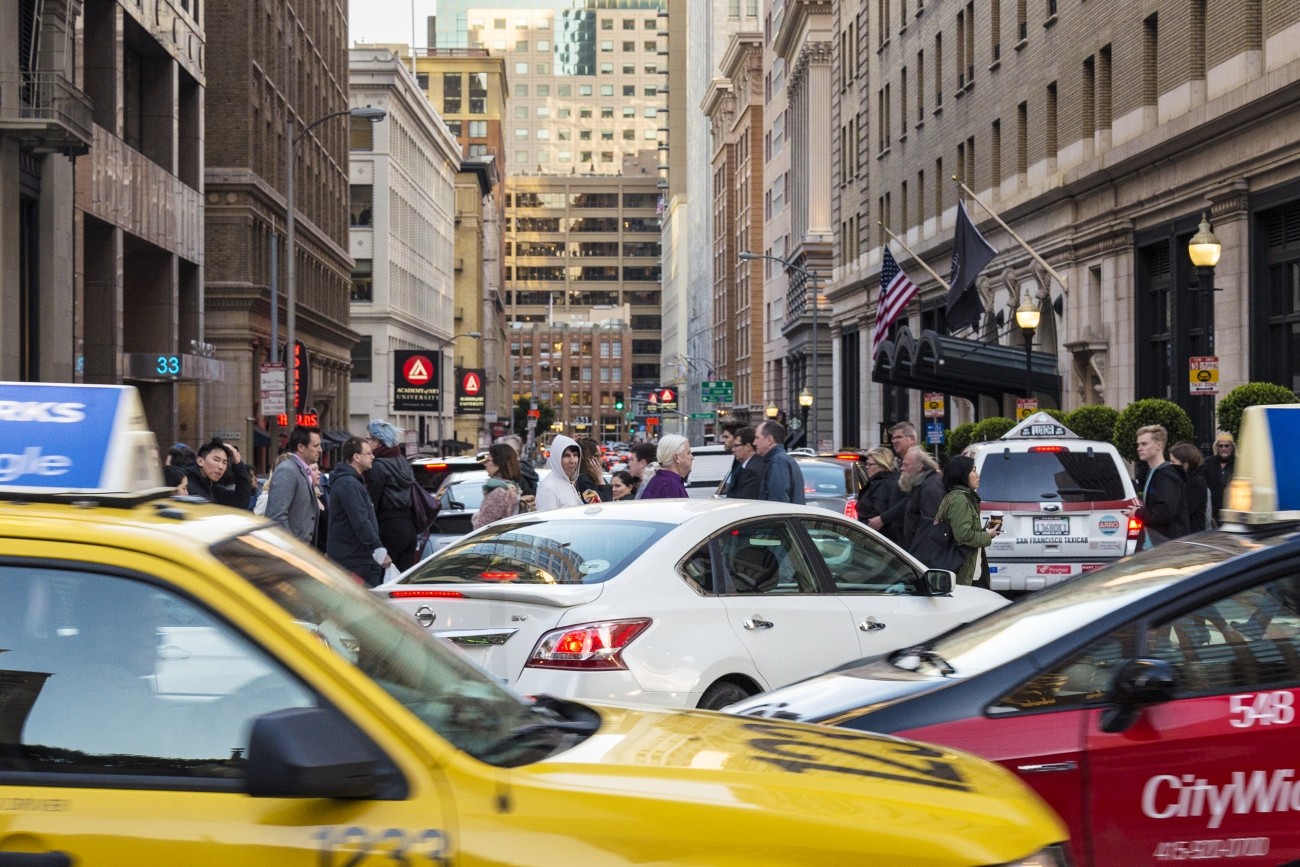
This spring and summer, our team has been analyzing public feedback and conducting technical analysis as we continue to develop policy proposals for a downtown congestion pricing recommendation for San Francisco. Visit our website to view the latest policy proposals.
In light of the changing and fluid conditions surrounding traffic conditions and transit use, the Transportation Authority is extending the timeline of the Downtown Congestion Pricing Study to next year. What this means for the study process:
Community Outreach: This summer, we held co-creation workshops with eight community-based organizations. We are currently wrapping up a few remaining workshops as part of this in-depth outreach. We had also planned a broader public outreach campaign as part of this outreach round. Public outreach remains a critical element of the study and will resume when the agency has a more reliable understanding of traffic patterns, transit use, office occupancy, and the trajectory of the city’s overall economic rebound. The timeline to resume outreach activities is to be determined, but is expected to resume in 2022.
Technical work: Recently staff shared revised program/policy design options and will continue technical work on zone boundaries, evaluation of smaller boundary options, fee levels, discounts and exemptions as well as estimation and use of net revenues, as we observe travel patterns through fall and winter 2021-2022.
Study recommendation: In light of extending the study timeline, congestion pricing policy recommendations will not be presented to the Transportation Authority Board by the end of 2021 as originally anticipated. Instead, the policy recommendations will be completed following the resumption of outreach activities at a future date.
Following completion of the study, if the Transportation Authority Board wishes to proceed, it would take at least five years to implement a congestion pricing system. Next steps include: detailed design, community engagement, state legislative approvals and funding.
